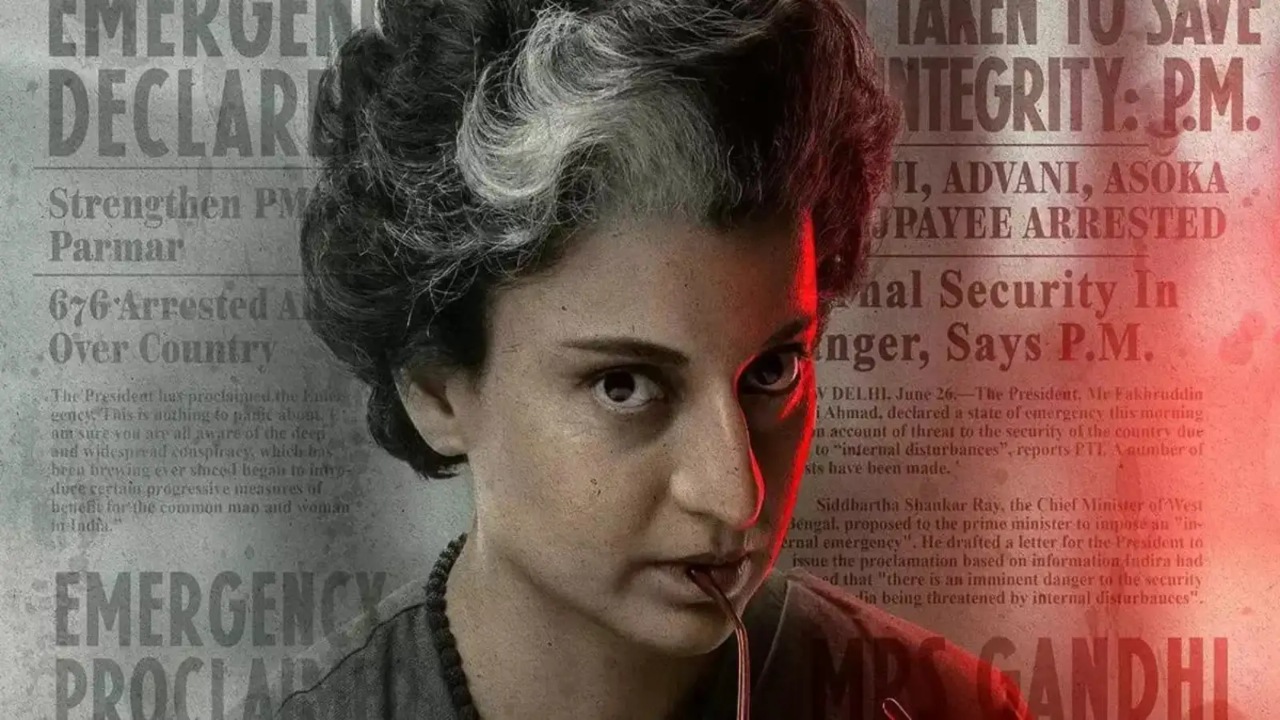Kangana Ranaut’s film Emergency has come under legal scrutiny following a dispute with journalist and author Coomi Kapoor. The issue centers around the alleged misuse of Kapoor’s book and personal rights in the production and promotion of the film.
The author has filed a lawsuit against Manikarnika Films Private Limited and streaming platform Netflix, alleging that her written work was used in ways not permitted under the agreement she signed. Kapoor had previously entered into a contract allowing the adaptation of a part of her book The Emergency: A Personal History. However, she has now accused the production team of violating key clauses of that agreement.
Kapoor claims that the deal specifically required adherence to established historical facts and restricted the use of her name and work in promotional material unless she provided prior written consent. She has stated that despite these provisions, the production went beyond the scope of what was agreed, both in terms of content and representation.
One of the core issues raised by Kapoor is that the film’s name closely mirrors her book title. She believes this was a calculated decision meant to draw association and boost visibility. According to her, the project was only supposed to adapt a limited section from her publication, but the film expanded far beyond that, introducing elements she alleges are historically incorrect.
Additionally, Kapoor pointed out that no response was received from the filmmakers or the streaming platform after she sent formal notices earlier this month. With no communication from the involved parties, she has now taken the matter to court.
The journalist is pursuing legal remedies, seeking damages for the harm she says she has endured, including reputational harm and financial setbacks. She has also raised concerns over the impact the issue has had on her professional credibility.
The film Emergency, released in January 2025, covers events during India’s Emergency period. Kangana Ranaut plays the role of former Prime Minister Indira Gandhi and also serves as the director and co-producer of the film. The outcome of this case may have significant implications for creative adaptations and authorial rights in Indian cinema.


